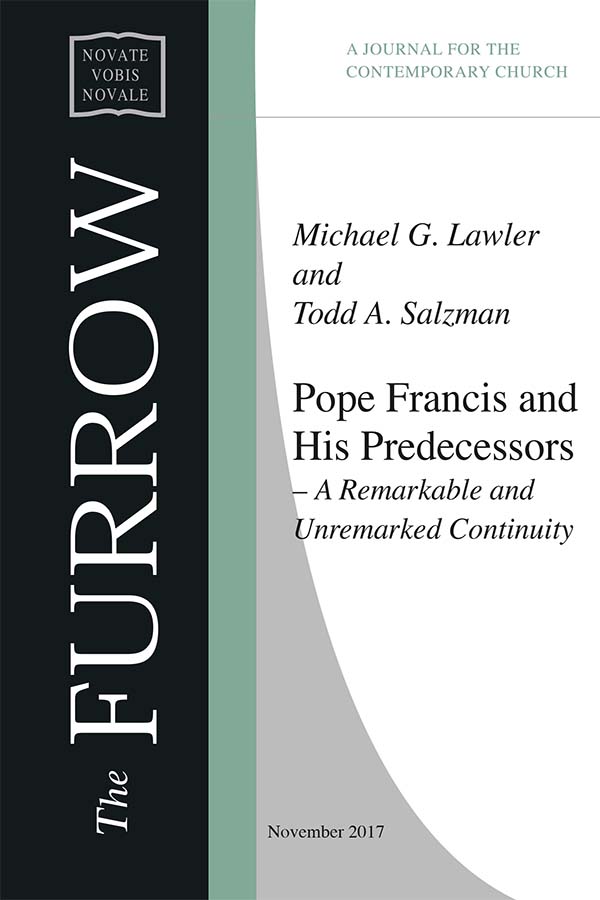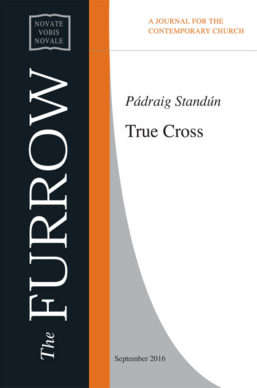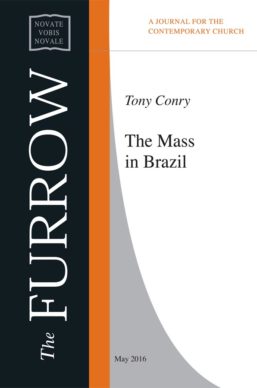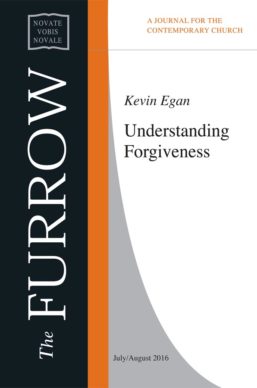Pope Francis and His Predecessors
€2.00
On the flight returning from a visit to Africa, Pope Francis was asked if the Church should consider a change in its prohibition of the use of condoms to prevent the spread of HIV/AIDS; his response revealed his mind on Catholic ethics, both social and sexual. The question, he responded, is too small. The real problem is bigger, the reality of ‘denutrition, the exploitation of people, slave labor, lack of drinking water.’ While condoms may address a small problem, the greater problem to be addressed is “social injustice” and the systemic violation of human dignity throughout the world. Francis recalled a specious question put to Jesus by a Pharisee: “Master, is it allowed to heal on the Sabbath?” (Matt 12:10). Jesus answered that any one of them would rescue his sheep on the Sabbath and “of how much more value is a man than a sheep” (12:12). ‘Do justice,’ is Francis’ answer, ‘do not think whether it is allowed or not to heal on the Sabbath. And when there are no injustices in this world, then we can talk about the Sabbath.’ Jesus’ response is prophetic and so is the Pope’s. We reflect on his response and its implications for Catholic ethics by first looking at one of its predecessors, Pope Paul VI, on the fiftieth anniversary of his 1967 encyclical, Populorum
progressio, and then demonstrating how Amoris laetitia builds upon it to develop Catholic social and sexual ethics.




